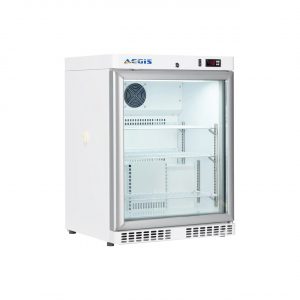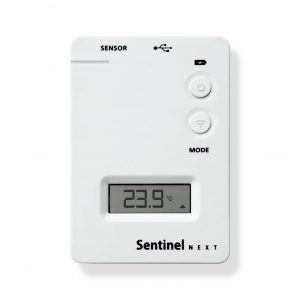Vaccine Storage Errors
Risky Vaccine Storage Errors: How to avoid them?
Vaccine storage and handling is a delicate process. There are numerous steps involved in vaccine care, and a lot of protocols to be followed as well. Hence, it is not surprising if one makes vaccine storage errors that could potentially damage the vaccines.
However, health care providers must ensure that they take complete care of valuable vaccines with errors occurring only due to unavoidable situations. Having suitable systems in place can minimize the risk of errors and thus keep the vaccines safe.
Understanding the vaccine storage errors and their potential consequences can help understand why these need to be avoided as much as possible.
Improper Staff Training
Training is vital when it comes to vaccine storage. As mentioned before, vaccine storage involves various steps and protocols that need to be meticulously followed to keep vaccines safe.
Appointing a vaccine co-ordinator as well as a back-up vaccine co-ordinator who will oversee all aspects of storage and handling would help make the process more manageable. They can keep a check on vaccine inventory, management of temperature logs, appropriate storage, handling temperature excursions or potentially damaging situations as well as checking for expiry of vaccines.
The institution should ideally have Standard Operating Procedures (SOP’s) that would provide guidance to the co-ordinators as well as other staff members who would be handling the vaccines.
Inappropriate Equipment
The CDC strongly discourages the usage of dormitory style refrigerators for the storage of vaccines. This is because they often cannot maintain stable temperatures, which is the most important requirement for vaccine storage.
The CDC propagates the usage of specifically designed medical refrigerators and freezers. These are manufactured keeping in mind the stringent storage requirements of vaccines.
It is also important to use temperature monitoring devices such as Digital Data Loggers for appropriate measurement and recording of temperature within the unit. It is vital for the DDL to have a valid certificate of calibration.
Inappropriate Storage
Vaccines must be stored either in a medical refrigerator or medical freezer in accordance with the instructions provided by the manufacturers, especially in terms of their storage temperatures. Vaccines must be stored in their original manufacturing boxes which contain all relevant information such as storage instructions, date of expiry, and other vital information.
Vaccines must be stored in transparent trays with the ones close to expiry placed in front. They must be placed in the central part of the refrigerator (not too close to the walls, on the door, or near the freezer outlet). The unit must not be overstuffed to permit appropriate air flow.
Doors of the unit must be sealed shut when not in use. This helps with proper regulation of temperature within the unit. Frequent or unnecessary opening of the unit door should also be avoided as much as possible.
The unit must be used dedicatedly for vaccine storage. Storage of food or drinks within the vaccine unit must be avoided at all costs. The only exception is the storage of water bottles for regulation of temperature within the unit. Drinking out of these bottles is also prohibited.
Incorrect Temperature Logs
The temperature of the unit must be recorded twice a day (morning and evening) either through a temperature monitoring device or manually. It is also important to note down the minimum and maximum temperature every day.
In case of temperature excursions, the manufacturer or the immunization program must be informed at the earliest. They would provide guidance about the further course of action.
In the meantime, these vaccines must be stored separately or labelled as “Do not use”. Continue to keep them at recommended temperatures until the authorities determine what needs to be done.
An emergency response plan can also be put into place and executed by the vaccine co-ordinator. It would be handy to include it in the vaccine storage and handling SOP.
The temperature logs and records must be maintained for at least 3 years so that recurring errors can be tracked in a meticulous manner. Frequent temperature fluctuations could indicate the need for replacement of the unit, and this can be demonstrated through a temperature log.
Errors such as these need to be avoided to safeguard the potency of the vaccines. As recommended above, use of a pharmacy grade medical refrigerator and freezer can go a long way in protecting your valuable vaccines.
The refrigeration units at Aegis are specifically catered towards medical usage at hospitals, clinics, pharmacies, community health centers and the like. They include features such as an internal fan to ensure proper air flow within the unit. They also notify the users in case of temperature fluctuations beyond the recommended range.
Get in touch with our team by dialing 1-800-796-2344 or writing to us at support@aegisfridge.com and we will help you find the most suitable Aegis refrigeration unit as per your needs. You can also check out our products on our website.
Source




